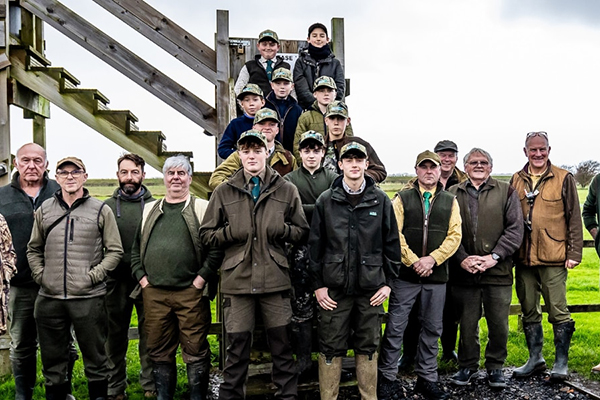
Encouraging wildfowlers of the future
Ten keen young shooters took part in an introduction to wildfowling day hosted recently by Preston and District Wildfowlers and supported by BASC.
Get information on the legal shooting season for mammals and birds in the UK.
Apply for funding for your project or make a donation today
Comprehensive information and advice from our specialist firearms team.
Everything you need to know about shotgun, rifle and airgun ammunition.
Find our up-to-date information, advice and links to government resources.
Everything you need to know on firearms law and licensing.
All the latest news and advice on general licences and how they affect you.
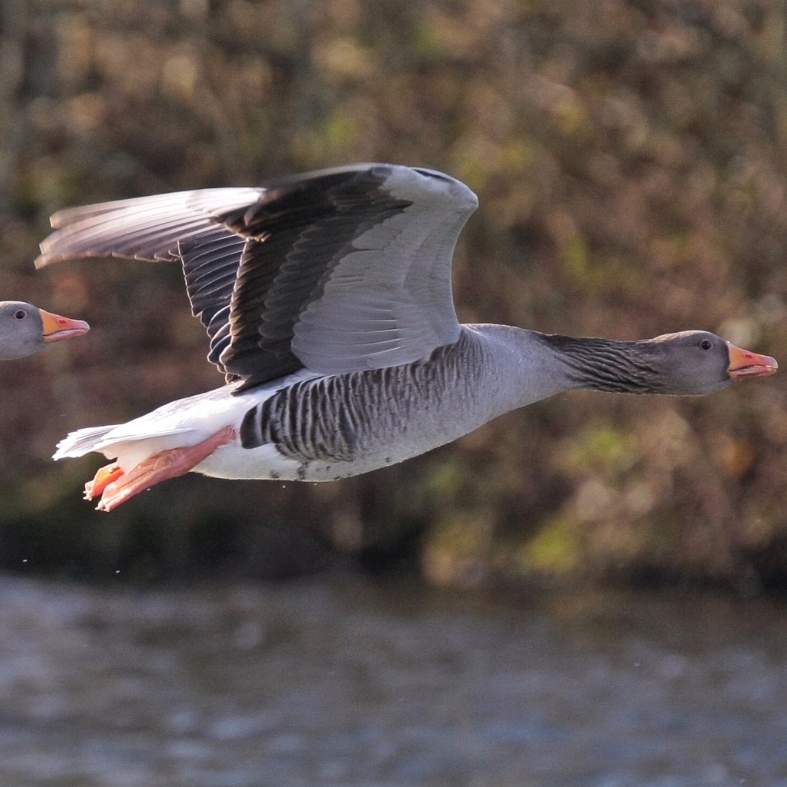

Scientific research and the data you contribute is hugely valuable to the future of sustainable shooting. BASC scientific advisors, Heather Warrender and Sophie Stafford, explain why.
BASC and our partner organisations require scientific research and the resulting data to demonstrate the value of shooting and related activities. We collect data through surveys and citizen science monitoring projects, and by advising and supporting practical conservation work. Research helps to fill any knowledge gaps.
Understandably, there are aspects of sharing information or getting involved in projects that can deter people from contributing. Sharing data and knowledge can be daunting. What will people do with it? Could it be used against me? And will I get in trouble or make my community look bad?
Below are a few of the concerns we sometimes hear when we ask people for data or to take part in research project, along with the facts to bust the myths.
The truth: The time needed within a scientific research project to collect enough data to produce reliable results can vary wildly. A survey, for example, can have results in a matter of weeks. But other research can take months, a year, or even several years to demonstrate its value.
Often citizen science projects related to wildlife, especially those looking at long-term trends, can require several years of data to account for natural annual variations. Breeding success, population trends or disease monitoring can be impacted by environmental factors such as weather or habitat changes. Longer-term assessment is necessary to gain a clearer picture.
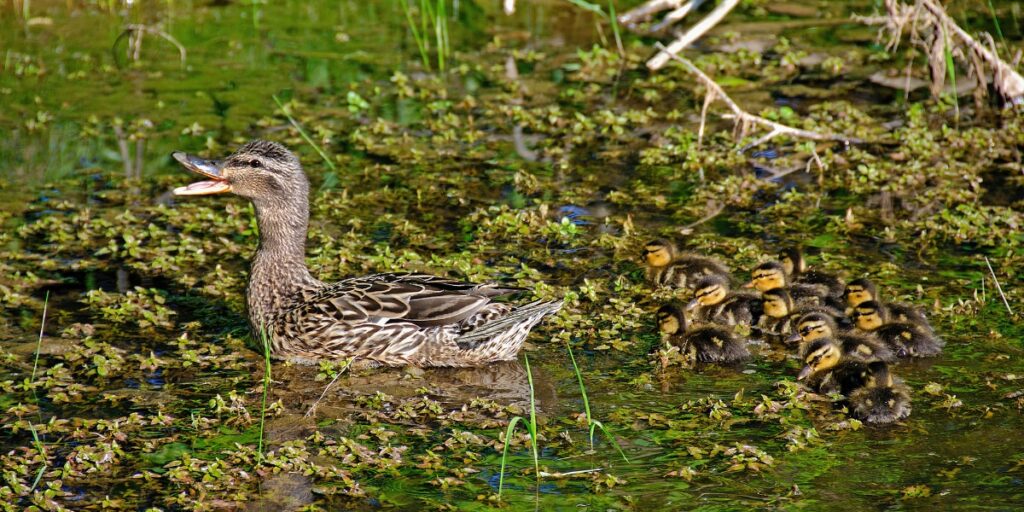
The truth: Having sufficient useful data can contribute greatly to filling gaps in knowledge and informing best practice guidance. Scientific research helps us formulate policies to safeguard the future of sustainable shooting. It does so by providing sound evidence to back up these policies.
You may not see the results of the data you have submitted immediately. However, this does not mean that it isn’t incredibly valuable and hugely worthwhile. It is still likely to contribute to something bigger and long-term. Nevertheless, we strive to provide you with feedback and results whenever and wherever possible.
The truth: It’s true that we now live in a time where shooting activities face opposition from many directions. However, the precautionary principle used by regulators means that a lack of data is a problem. Contributing towards scientific research is more likely to reduce unnecessary restrictions than it is to create them.
Having a clear picture of what is happening within our wild bird populations or within the shooting sector can help us determine best practice, implement changes or defend the status quo. These put us in a better place to avoid restrictions, or lessen their severity if they are implemented.
Your data doesn’t just help to build our knowledge base about shooting and its role in wildlife conservation. It also demonstrates a cooperative, proactive attitude. And that will highlight the shooting community’s eagerness to protect the wonderful ecosystems and wildlife of the UK.
The truth: Any information you provide is protected under the General Data Protection Regulation (GDPR) law. This means no researcher or organisation can share your personal information without your permission. And you always have the right to withdraw your information from any research if you change your mind.
Most research also compiles data. For example, the BASC Wing Survey may map regions or counties to show how many have been submitted in, say, Lancashire, Norfolk or North Wales, but specific locations will never be recorded. And they will never be associated with any individuals, unless otherwise stated and agreed between participants and researchers
The British Trust for Ornithology (BTO) and other organisations carry out extensive research into bird populations and distributions. Birds are fitted with metal leg rings by licensed volunteers to collect data on survival, age and sex ratios, and movements.
The practice of ringing ducks and geese was once widespread within the UK. Unfortunately, it is now much less common. However, as some who shoot will know, submitting a ring number to the BTO and finding out when and where that bird was ringed provides you with a newfound respect for quarry.
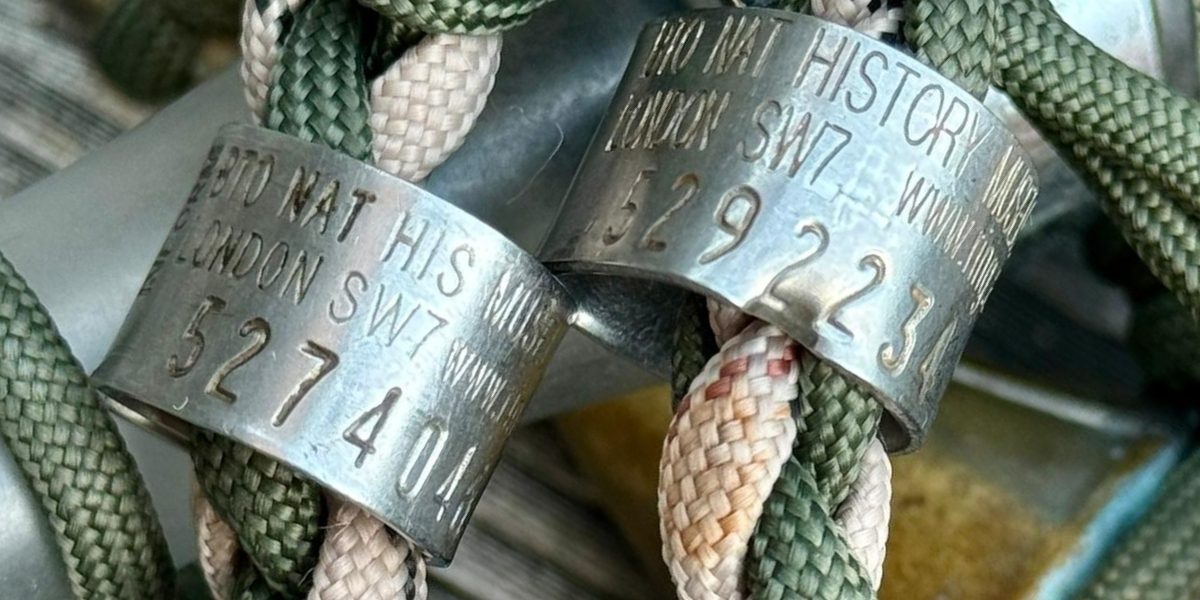
The BTO coordinates this programme and collects all the data from it to produce a hugely valuable dataset to monitor our bird populations. If you shoot a bird with a ring or find one, please do submit the ring number to the BTO.
All recoveries contribute to our understanding of our wild birds. And you will receive the history of the bird, where and when it was ringed and if it has been recaptured since. Find out how to submit a ring by clicking here.
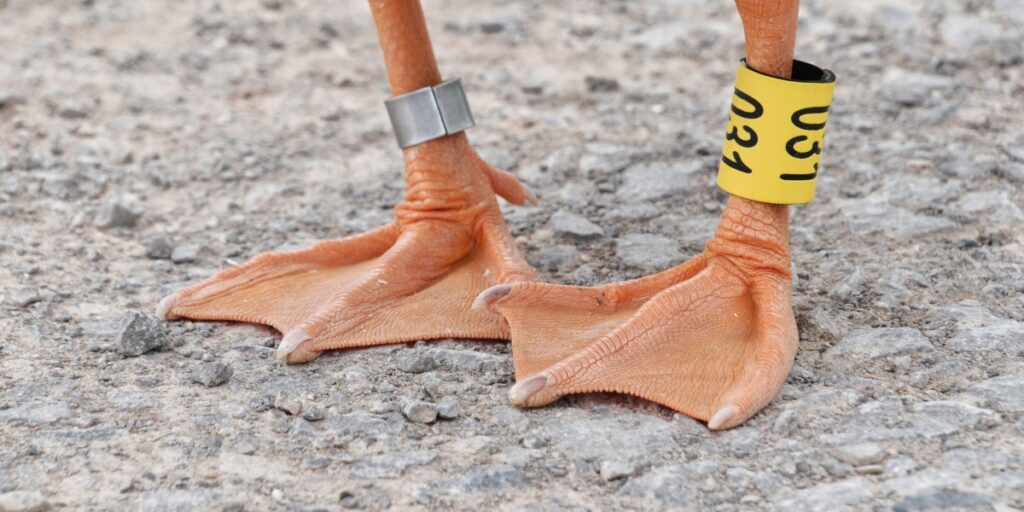
Some birds will also be fitted with a coloured leg ring which will be linked to a specific monitoring project led by individuals or research groups.
Project Penelope is an example of this where we at BASC, along with the Waterfowlers’ Network and researchers in Finland and Denmark, have fitted coloured leg rings to wigeon.
If you find one either on a live bird or on your quarry, then please submit these too. Find out how to do that here.
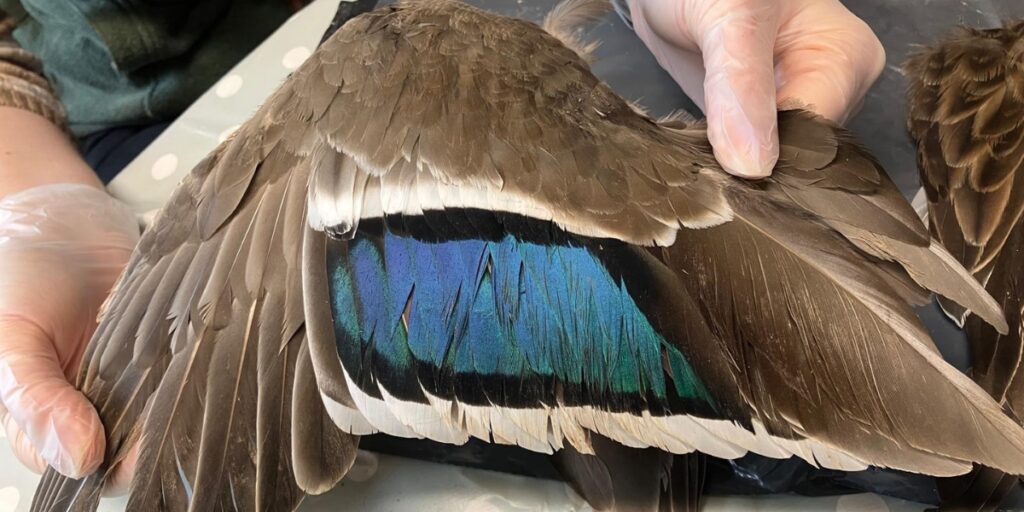
BASC’s wing survey collects data on the age and sex makeup of our quarry ducks and the age makeup of our quarry geese, waders and rails. This data, when submitted with the county and date the birds were shot, can be hugely valuable in increasing our understanding of our quarry species and our shooting trends.
This year, wing survey data, along with other bag data, has shown that in the UK over 90 per cent of woodcock are harvested after 1 December, in line with best practice guidance. This highlights how self-regulation can work. With a better sample size for our other quarry species, similar positive action could be taken for them, so please do contribute your wings. Find out how here.
The duck nest monitoring project collects data on artificial nesting structures, such as duck nest tubes, in several European countries. This initiative was set up by the Waterfowlers’ Network, of which BASC is the UK representative.
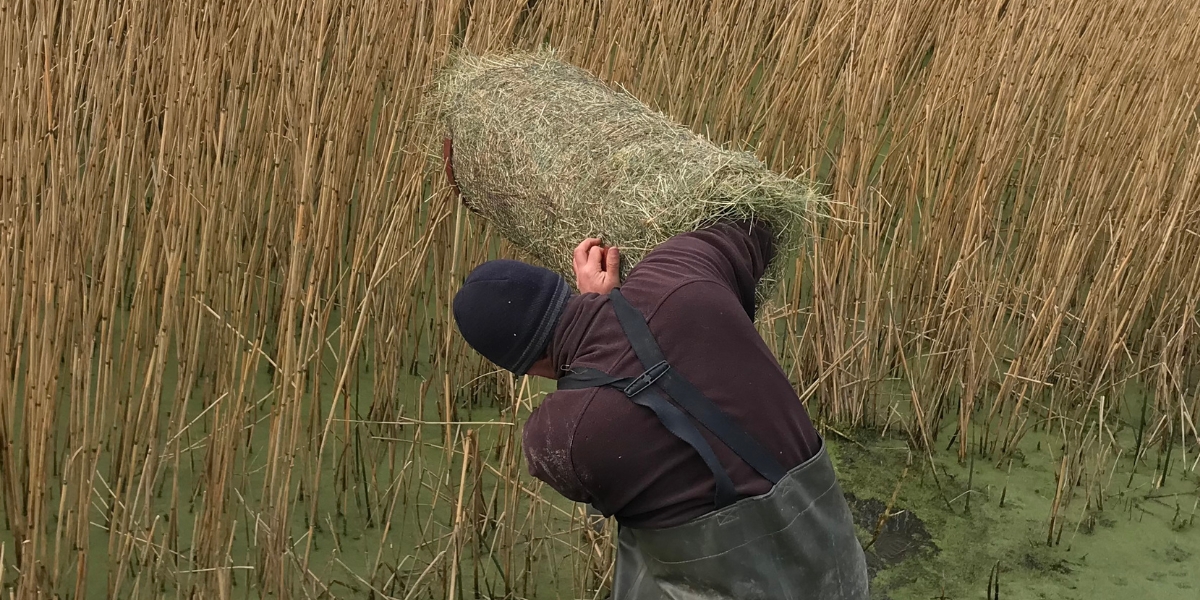
As there are lots of factors that can influence breeding success, a large dataset to be able to draw any useful conclusions on how effective the nests are at increasing breeding success. This data also helps us assess the effects of different types of predator control and habitat management.
We are now in the process of exploring this data across Europe but need the continued support of those who have already installed nests.
Continuing to submit monitoring data each year will strengthen our data set, allowing us to get more out of this beneficial project.
With the findings we will also be able to demonstrate the dedication of the shooting community to habitat management and conservation of UK breeding waterfowl.
The rice breast survey collects data on suspected cases of sarcocystosis (rice breast). The primary way the disease is detected is through hunters breasting waterfowl.
Therefore the monitoring of the disease relies heavily upon the shooting community being proactive in inspecting shot waterfowl and reporting suspected cases.
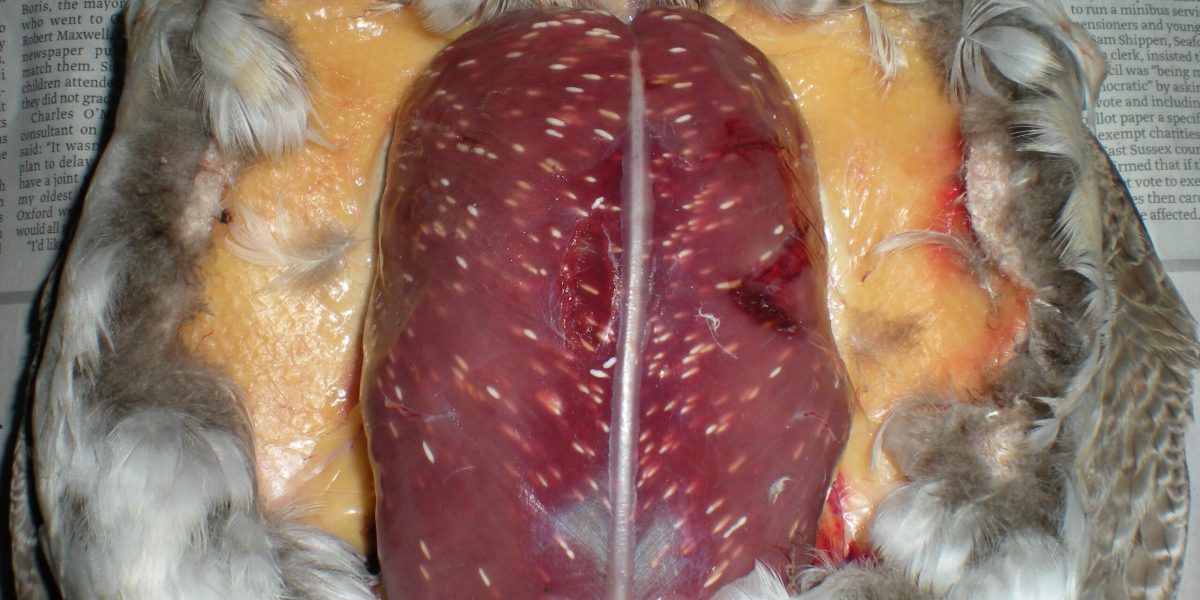
When it comes to the data BASC asks you to submit, we will always put your best interests first. And that applies to the shooting community as a whole. We always use everything you provide. Whether that’s internally, to inform our advice on a topic, or externally to show the wonderful job shooters are doing. You may not always see a direct outcome from your information but rest assured it is put to good use!
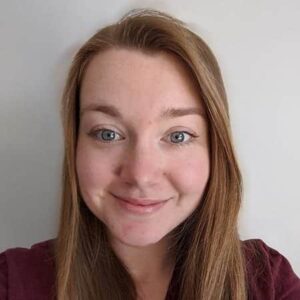

Ten keen young shooters took part in an introduction to wildfowling day hosted recently by Preston and District Wildfowlers and supported by BASC.
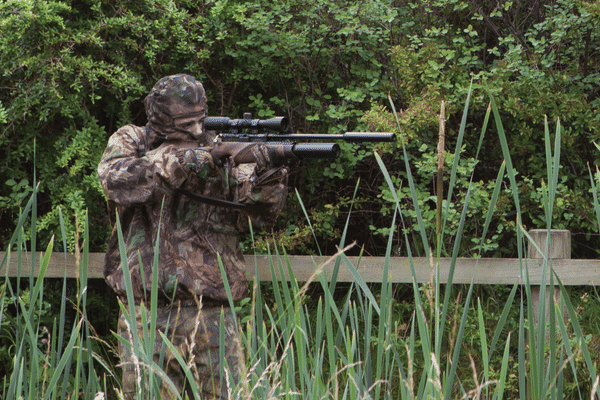
Autumn might mark the start of the game shooting season for many, but we’re fortunate to have a variety of shooting types on offer to us in the UK.
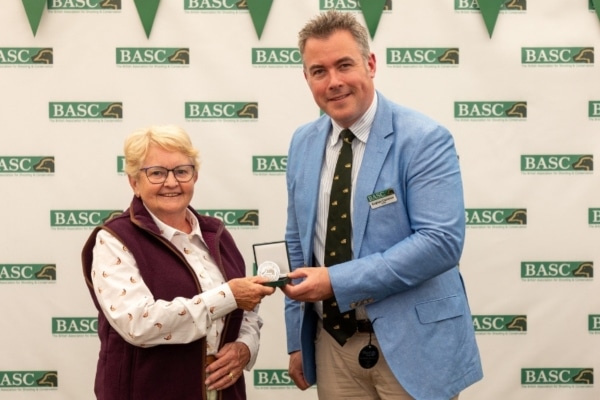
Every year, BASC presents a number of prestigious honours and awards, celebrating those who go the extra mile for the benefit of shooting and conservation.
Sign up to our weekly newsletter and get all the latest updates straight to your inbox.
© 2025 British Association for Shooting and Conservation. Registered Office: Marford Mill, Rossett, Wrexham, LL12 0HL – Registered Society No: 28488R. BASC is a trading name of the British Association for Shooting and Conservation Limited which is authorised and regulated by the Financial Conduct Authority (FCA) under firm reference number 311937.
BASC Direct Ltd is an Introducer Appointed Representative of Agria Pet Insurance Ltd who administer the insurance and is authorised and regulated by the Financial Conduct Authority, Financial Services Register Number 496160. Agria Pet Insurance is registered and incorporated in England and Wales with registered number 04258783. Registered office: First Floor, Blue Leanie, Walton Street, Aylesbury, Buckinghamshire, HP21 7QW. Agria insurance policies are underwritten by Agria Försäkring.
If you have any questions or complaints about your BASC membership insurance cover, please email us. More information about resolving complaints can be found on the FCA website or on the EU ODR platform.